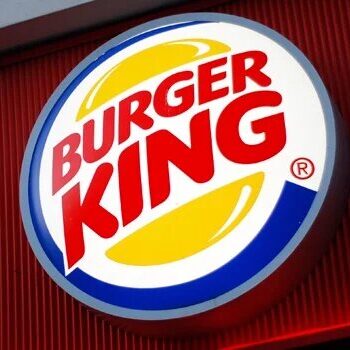The Competition Commission had “no choice” but to block a private equity fund from acquiring Burger King from Grand Parade Investments, Parliament has heard.
Commissioner Tembinkosi Bonakele on Wednesday briefed the portfolio committee on trade and industry on the Competition Commission’s strategic and annual performance plans for 2021/22.
Bonakele, however, also responded to questions from members of Parliament linked to the proposed Burger King transaction.
Last year Grand Parade Investments, which owns Burger King South Africa, announced it would sell the fast-food outlet along with its patty supplier, Grand Foods Meat Plant, to Emerging Capital Partners (ECP). ECP is a private equity firm founded in the US, and focuses on African investments, Fin24 previously reported.
While there was nothing to fault the transaction on competition grounds, in terms of public interest there was a “glaring” issue, related to the reduced black shareholding that would result, Bonakele said.
‘No choice’
“The impact of the merger is that it will take BEE ownership from 68% to 0%. We engaged merging parties on how they will address this, unfortunately we did not get satisfactory responses,” said Bonakele.
“We really had no choice but to block this transaction,” he added.
DA MP Mathew Cuthbert asked why the commission was ensuring “racial bean counting” when its mandate is to ensure there are no uncompetitive market practices.
In response, Bonakele said that Parliament had amended legislation for the Competition Commission and the Competition Tribunal to play a role in the enforcement of transformation as a matter of public interest.
“We just enforce the law. The debate is to happen in Parliament if you think the law is not what it should be,” Bonakele said.
Bonakele said that the Commission as an implementing agent interpreted the law and acted as such, it is up to the parties to challenge the Commission’s interpretation of the law with the courts. “We could be wrong, the courts must then have a say on the matter,” he said.
DA member Dean Macpherson asked why the Commission itself had not sought a declarator, if it was unsure.
Bonakele said that there was no need for the Commission to seek a declaratory order on its role with regards to transformation objectives. “I can’t ask for a declarator, because I am not unclear about what the legislature wants… I am not going to take myself to court and say I am unsure. I am very sure of what the law says and I have been faithful to its interpretation,” he said. He reiterated that if parties were not happy with the commission’s interpretation of the law, they could challenge it in court.
He explained that the Commission’s role in transformation was debated by Parliament. “This Parliament gave us the law with all sorts of transformation objectives, including BEE. And I would be fired from my job if I do not implement it. That is what the law says I must do,” he said.
“I appreciate you may not like how the law stands … You must take the debate to your colleagues, who are politicians in Parliament and win it there. You can’t seek to win it with implementing agents, it is too late.
“The debate was when the law was formulated about whether it should have transformation objectives. And if you lost the debate there, you can’t revisit it at an implementation stage,” he said.


